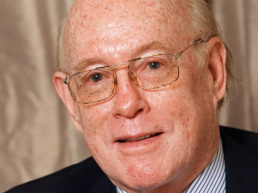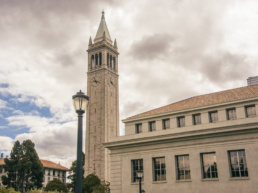The second episode of our podcast, Atlantic Talks, is now available. This week’s guest is Capicua, the rapper and activist from Porto.
Born in the 80s in Porto, Ana Matos Fernandes – whose stage name would become Capicua – began to have contact with Hip Hop culture in the 90s, through graffiti.
The influences coming from the United States at the time helped to create a culture that revolved around a bar in Porto, where the rapper, who graduated in sociology, would have an immersive contact with.
In this episode, Capicua talks about her career, her music, the meaning of Hip Hop, and how the United States influenced her music.
“Hip Hop culture has several dimensions. One is graffiti, another is breakdance, another is Djing, or the art of manipulating the turntable, and fourth would be rap. So, from the graffiti, I started to meet people from the Hip Hop culture, I started to listen to more and more rap and to be part of the tribe, let’s call it that.” – Capicua
With a lot of humor, Capicua recognizes that not all the facets of Hip Hip are in her reach, as is the case of breakdance: “only when I was a girl and walked in kindergarten and spun over my own ass saying that it was ‘brinkdance‘”.
Capicua also talks about her role as an activist, within feminism, considering that many of the debates that were held in the United States about sexual harassment at work and others have never been taken seriously in Portugal.
“The Meetoo movement created a debate about sexual harassment at work and a set of problems that were camouflaged in American society and then spread like a powder keg all over the world. What happens is that, in Portugal this did not happen, that is, the debate did not take place.” – Capicua
To listen to this episode just select one of the following links or search where you listen to your podcasts.
Related Posts
25 de March, 2025
Note of Condolence – Charles Buchanan (1934-2025)
24 de March, 2025
Applications Open: FLAD/Saab Visiting Professor at UMass Lowell 2026
Portuguese professors can apply to…
17 de March, 2025
FCT and FLAD sign new protocols with the University of California
The objective is to promote academic…


